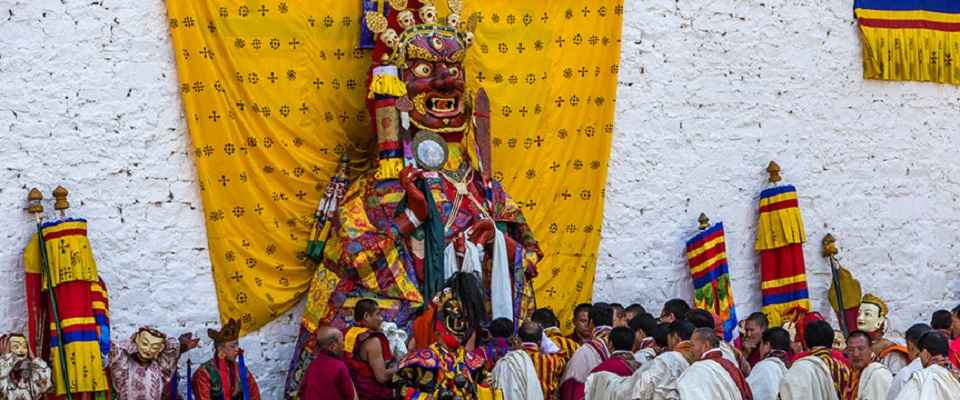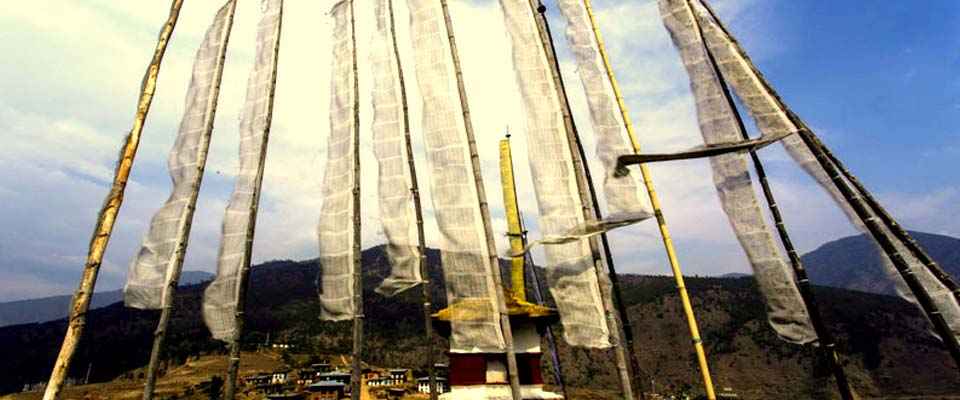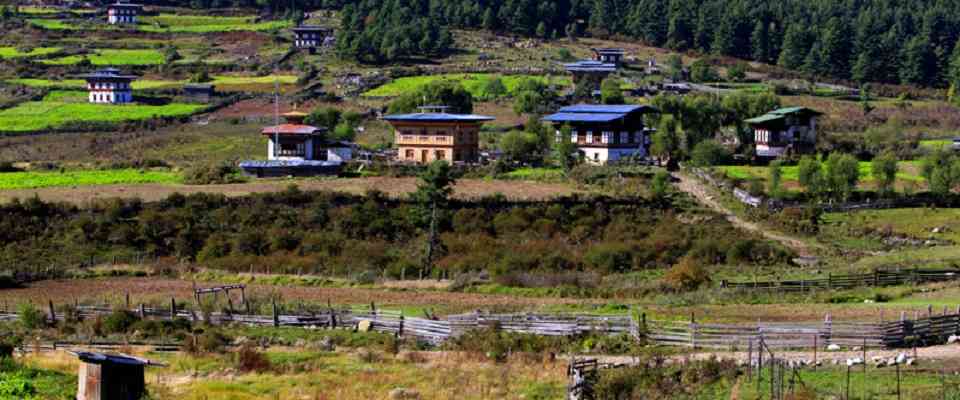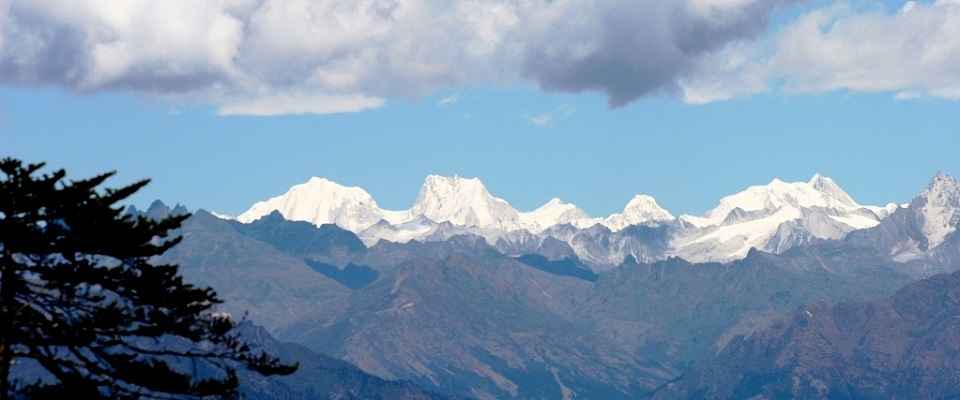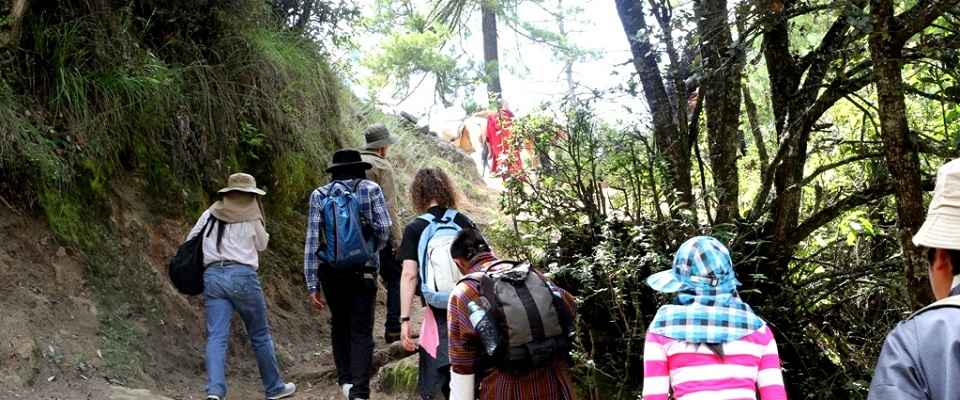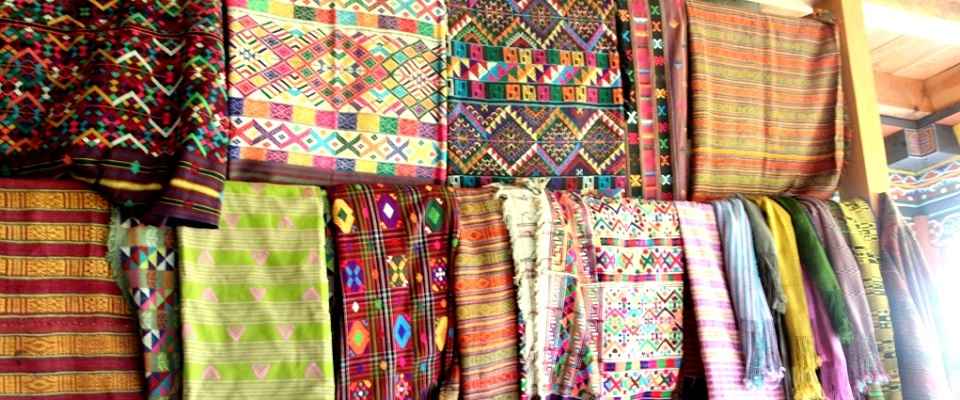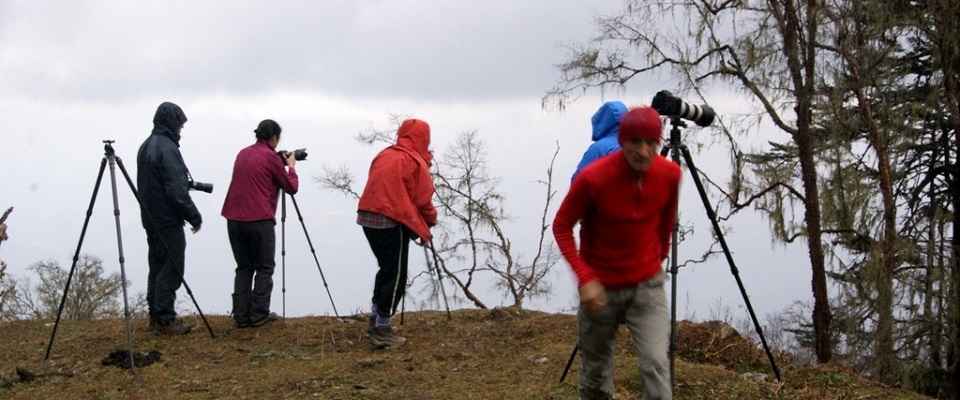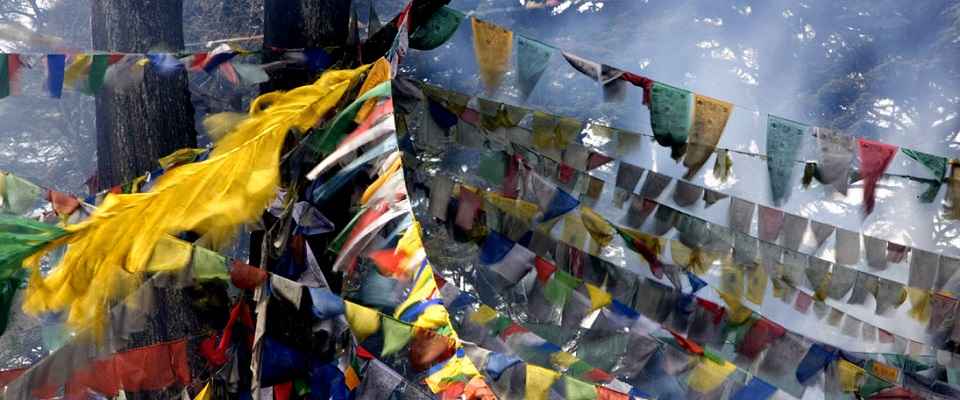NEC has set up four stations with respirable dust sampler machines in Thimphu, Kanglung, Pasakha and Rinchending
16 January, 2011 – Despite known for being virtually free of toxic pollutions from industrial fumes, authorities still feel the need to study the quality of air Bhutanese breathe.
This is because of the rapid economic development the country is witnessing that national environment commission officials have taken upon themselves the responsibility to monitor the daily quality in selected parts of the country.
The commission, with the help of respirable dust sampler machines in the four locations of Thimphu, Kanglung, Pasakha and Rinchending in Phuentsholing will collect dust particles less than 10 particulate micrometres on a filter paper from the air.
The amount of dust collected is measured in micrograms a cubic metre.
Air monitoring, commission officials, said was done to inform people of the kind of air they were breathing, besides learning of the concentration of air pollutants to secure human health, agricultural and natural vegetation and ecosystems.
Following air quality monitoring, an impact study will be done, with respect to how the pollution was affecting human health and the environment.
“The report might be inaccurate, but it’ll give some information and views on the quality of the air in identified parts of the country,” environment officer Tshewang Dorji said. “Accordingly a solution can be decided.”
The electric-run machine functions for 24 hours.
It takes the commission officials about two hours to study the amount of dust content in the air and prepare a daily report.
He said that air monitoring would be impossible during rainy days, as the dust would have been beaten to the ground.
Sherubtse college students studying environmental studies will manage the station at Kanglung and collect data as a part of their research work.
Similarly the Rinchending vocational training institute will manage the station located within their campus.
The commission officials will manage the data in the remaining two stations.
Commission officials said they identified Kanglung to learn of the air quality in a place where industralisation is less; the data from which could be compared with industralised places like Phuentsholing and Pasakha.
“Through such a study, if we come across high pollution, it’s our duty to design a policy to counter that,” Tsewang Norbu said.
Officials have been monitoring the daily air quality in the identified places since December 16, 2010, and if the officials detect increased level of pollution, they will work towards identifying the source of the pollution and a solution for it. By Chimi Om, Source :kuensel

